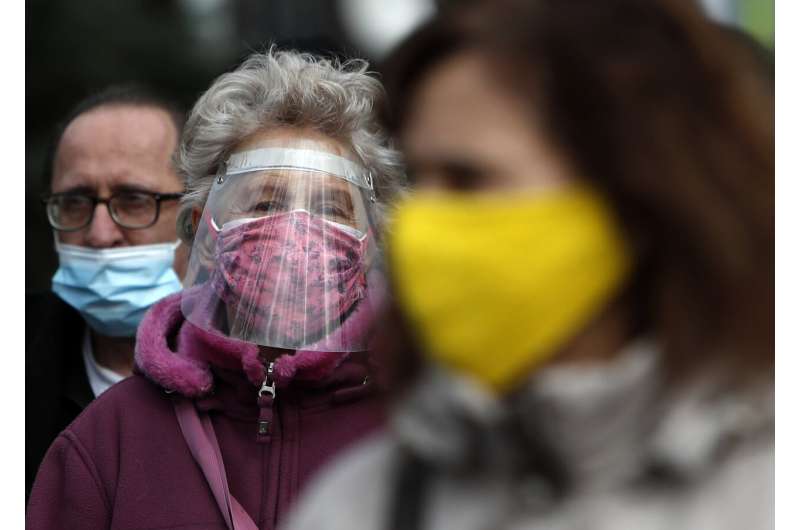
Serbian health experts urged the government on Tuesday to introduce a state of emergency and a strict lockdown to halt a surge in coronavirus infections that they say threaten the Balkan nation’s health care system.
The numbers of daily new infections have been rising sharply in the nation of 7 million despite a mass inoculation campaign that so far has seen nearly 1 million people receive a first vaccine shot. That rate of vaccinations has made Serbia, a non-European Union nation, one of the best in Europe when it comes to delivering vaccines to its citizens.
Still, the demand for a state of emergency is unlikely to win support from the conservative government, which is hoping that its program of trying to get vaccines from the West, China and Russia will pull Serbia out of the pandemic’s devastating economic and social undertow.
Chief epidemiologist Predrag Kon of the government-appointed coronavirus crisis team told the state RTS television network on Tuesday that there is “no alternative” to ordering a lockdown.
“We must ban contacts or we will break. And then we will realize what it means when the health system collapses,” he said.
“The exhaustion is beyond all limits,” Kon said of the country’s medical workers. “It can no longer be tolerated.”

Health authorities say 4,000 COVID-19 patients remain hospitalized in Serbia and reported new infections have reached 3,500 a day, up from under 2,000 a day only a few weeks ago. Serbia has recorded nearly 4,500 virus-related deaths.
Experts have blamed the recent surge of infections on private parties and nightclubs flouting anti-virus rules as well as on ski resorts that stayed open throughout the winter.
Yet the nation’s top officials are against imposing a lockdown, warning that would hurt Serbia’s economy.
President Aleksandar Vucic said in the Bosnian capital of Sarajevo that “I don’t believe we are close to (introducing) a state of emergency.”
Vucic said Serbia expects to receive additional vaccines in the coming weeks and expressed hope that further inoculations will help bring down the surge.
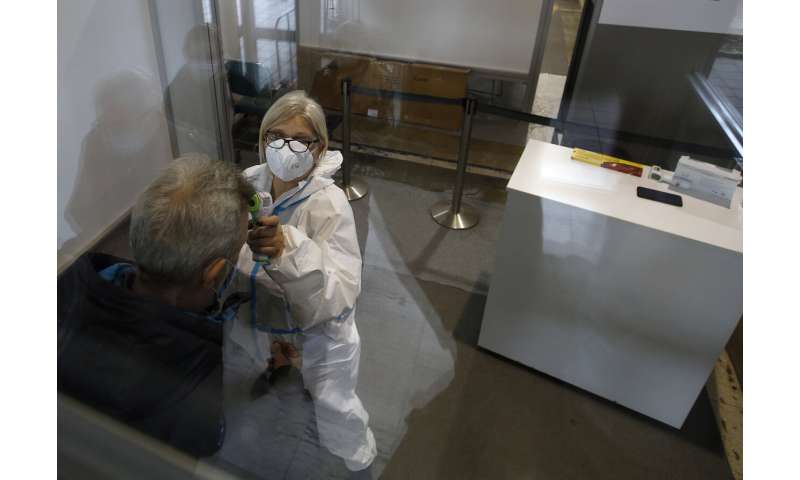
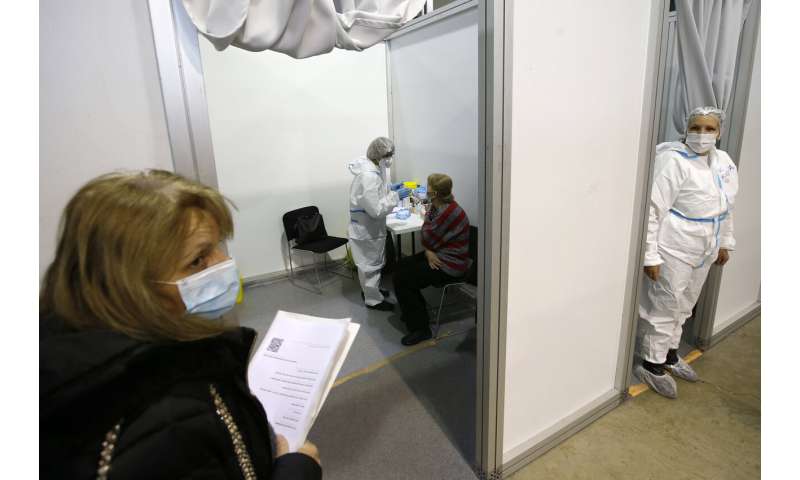
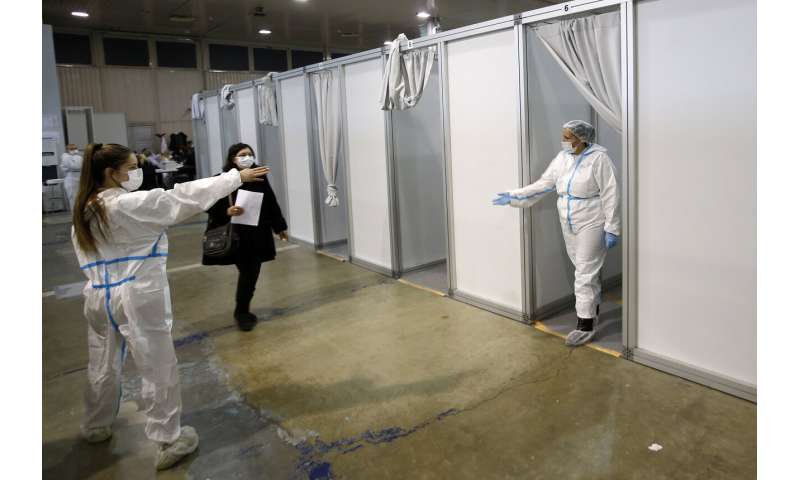
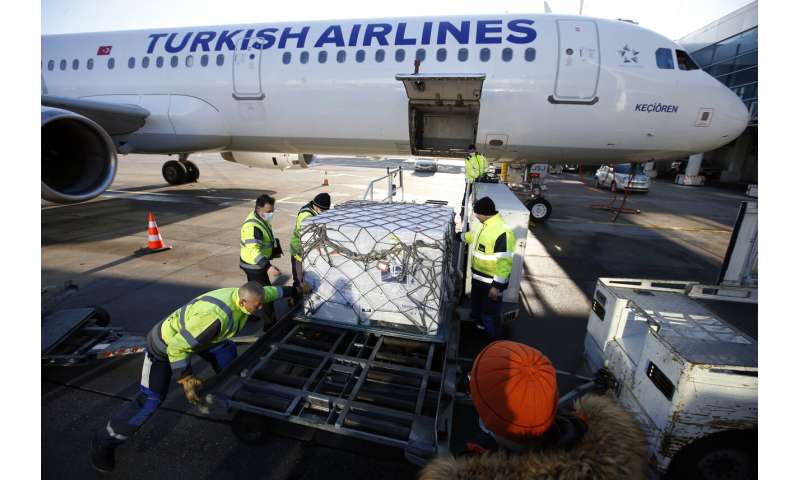
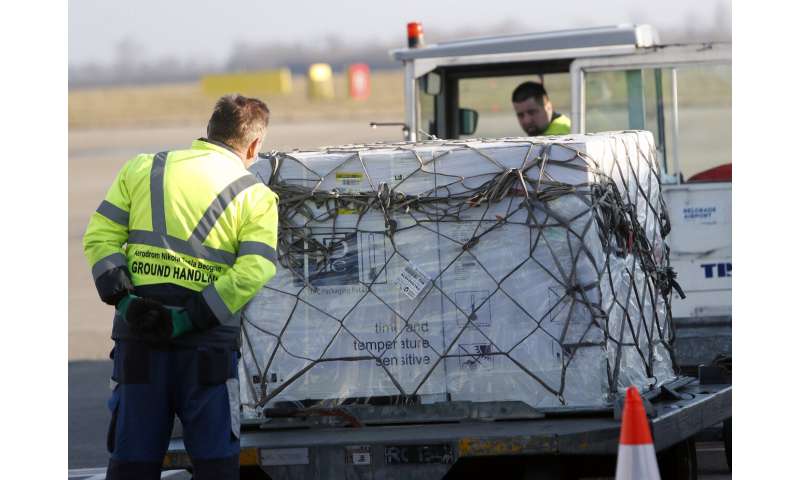
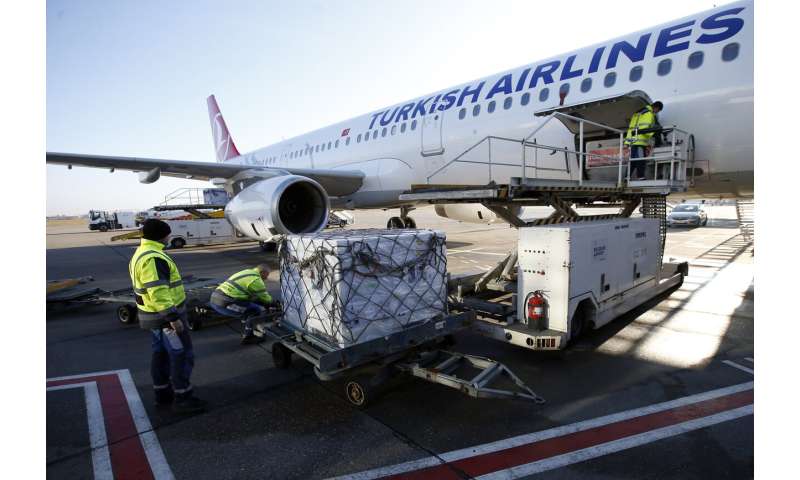
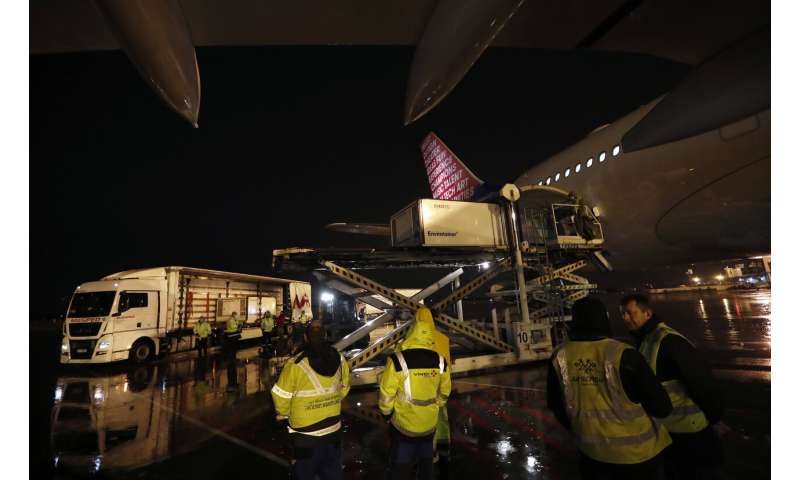
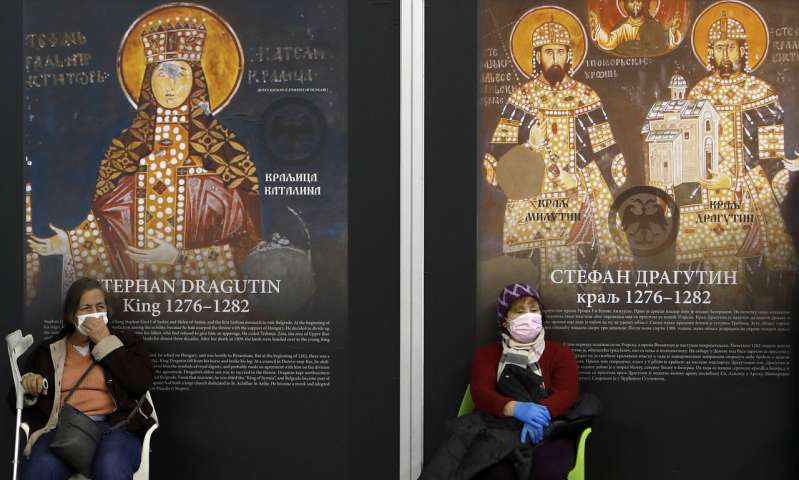
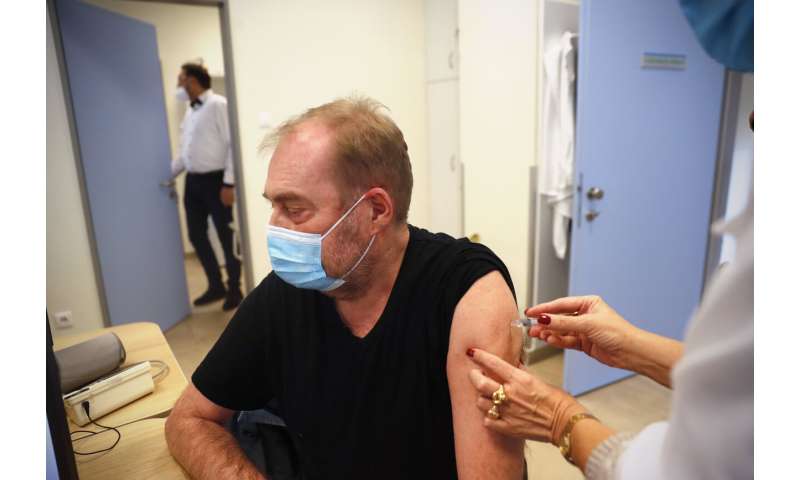
“We must show more discipline, we have all behaved irresponsibly,” Vucic said. “But people are fed up. They must work, our economies must work.”
Serbia introduced a curfew and a strict lockdown at the start of the outbreak last year, but has relaxed anti-virus rules in the past few months. Still, cafes and restaurants must close at 8 p.m., gatherings are limited and masks are mandatory in closed spaces.
Analysts say Serbia’s relative success on the mass inoculation front might have prompted people to lower their guard regarding virus protection.
Source: Read Full Article